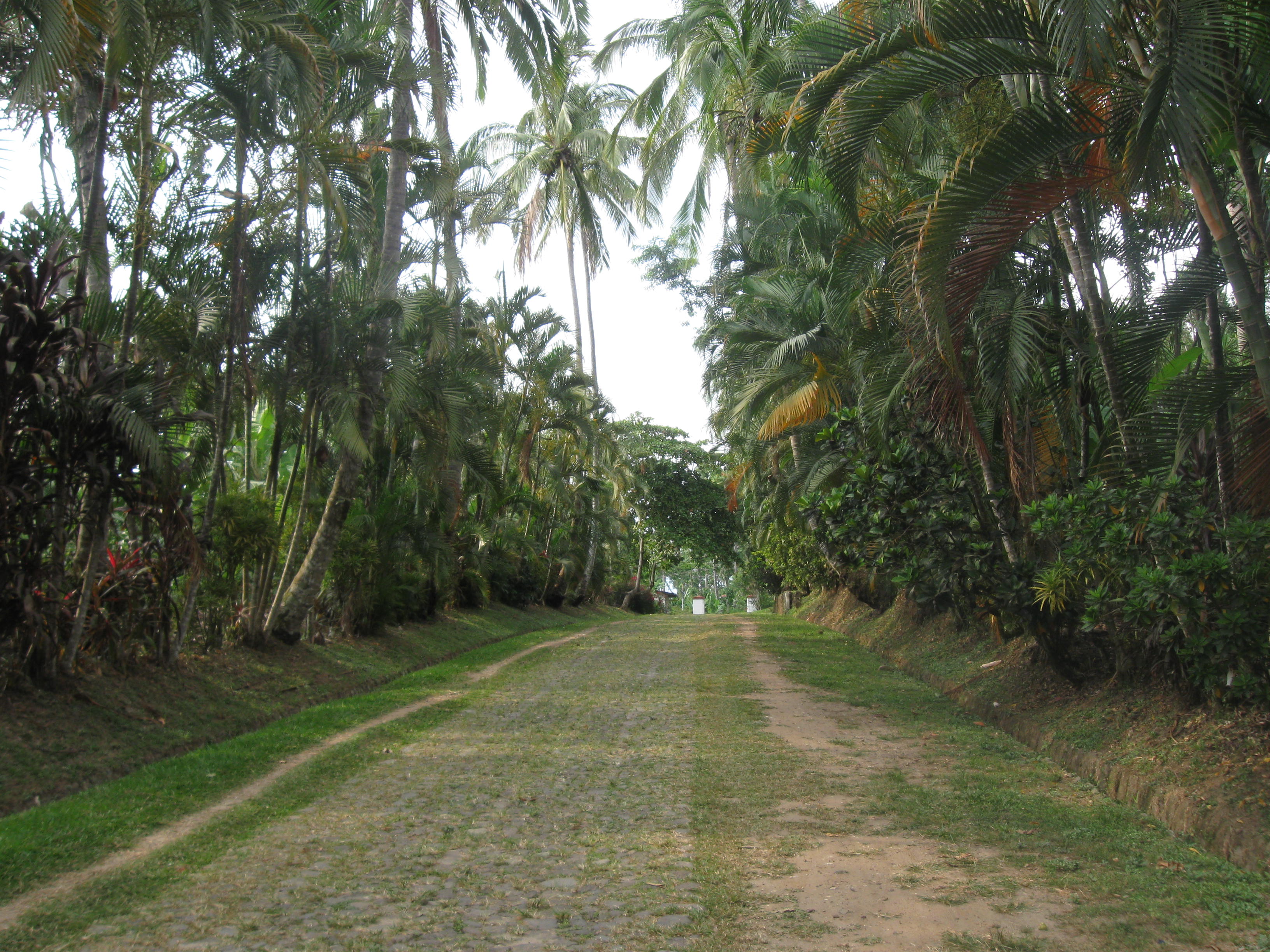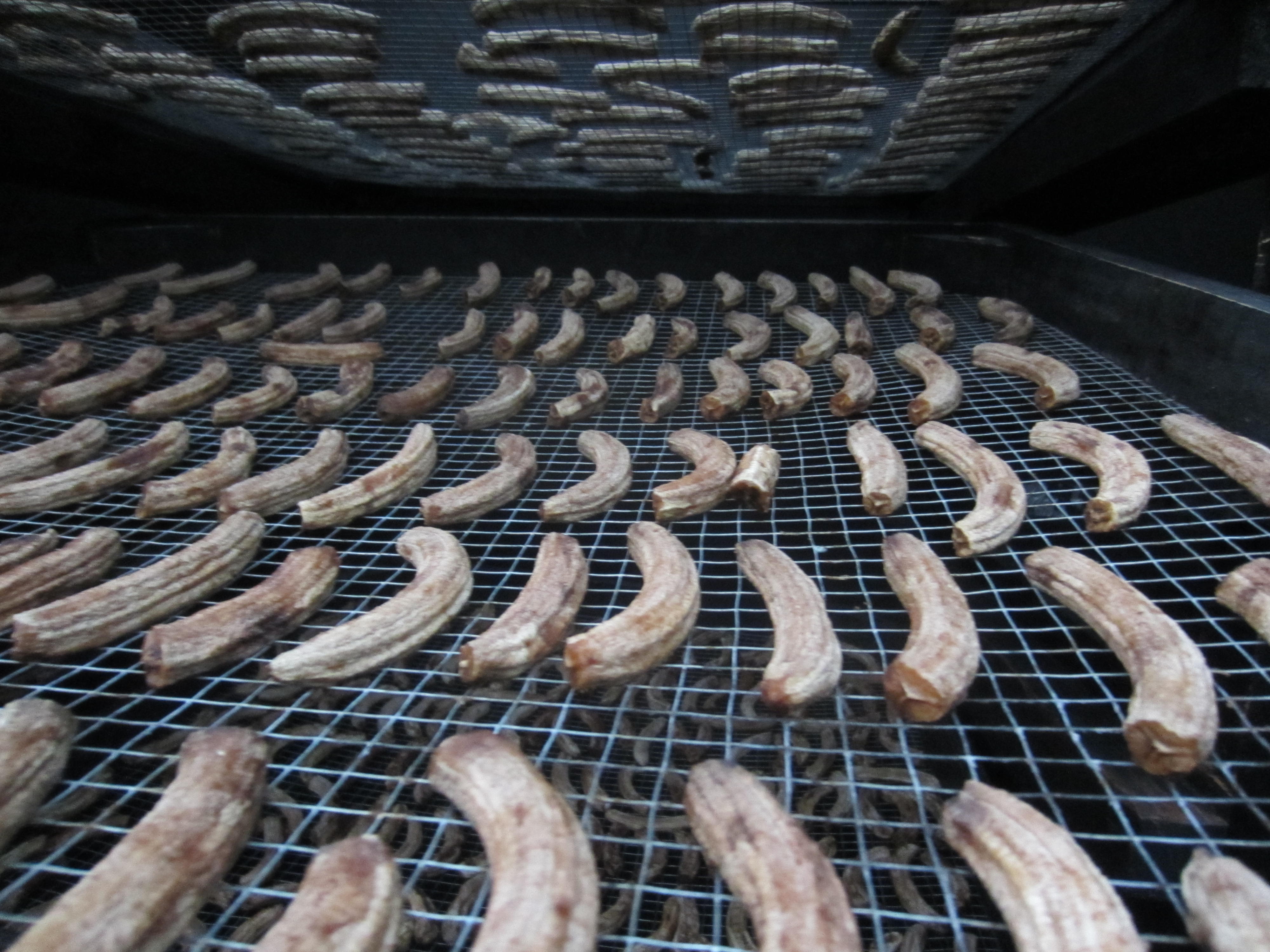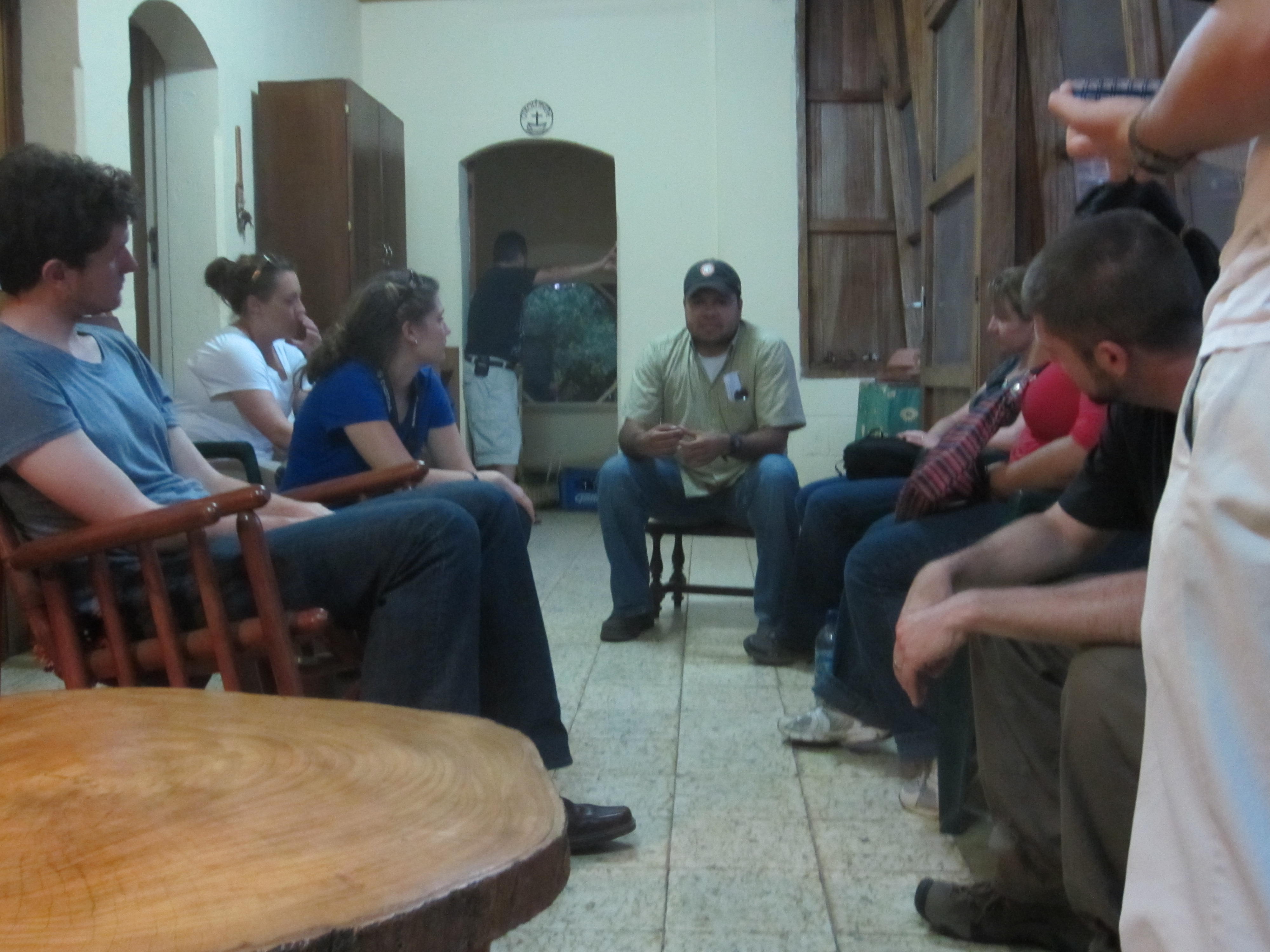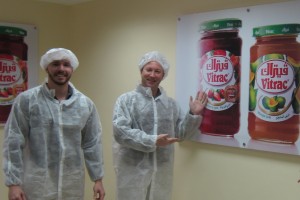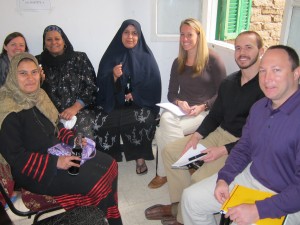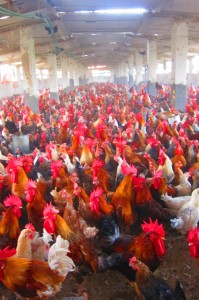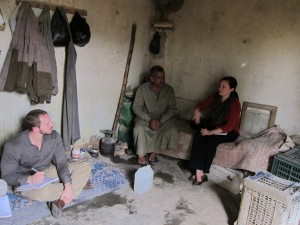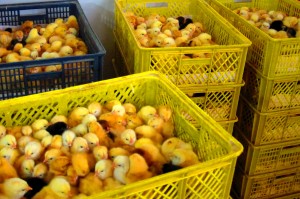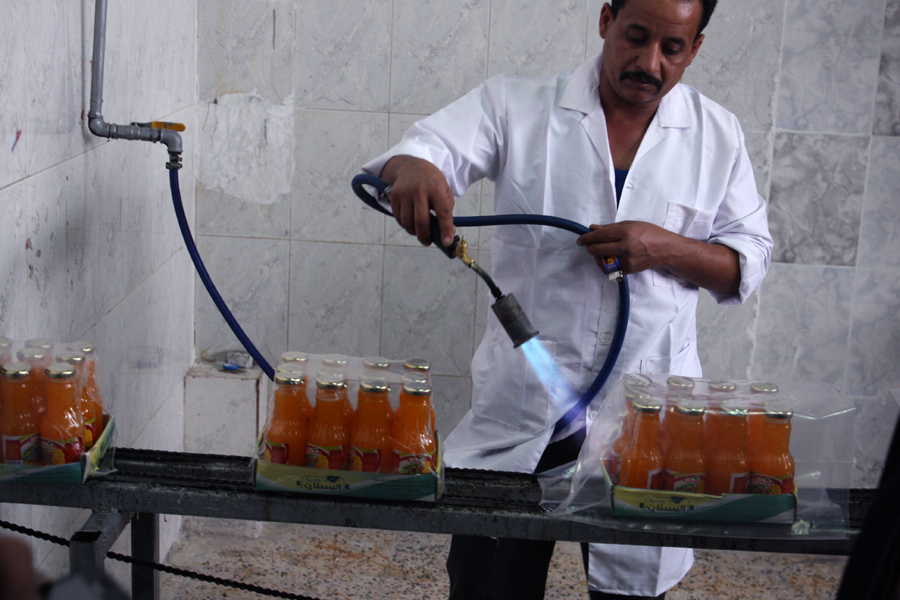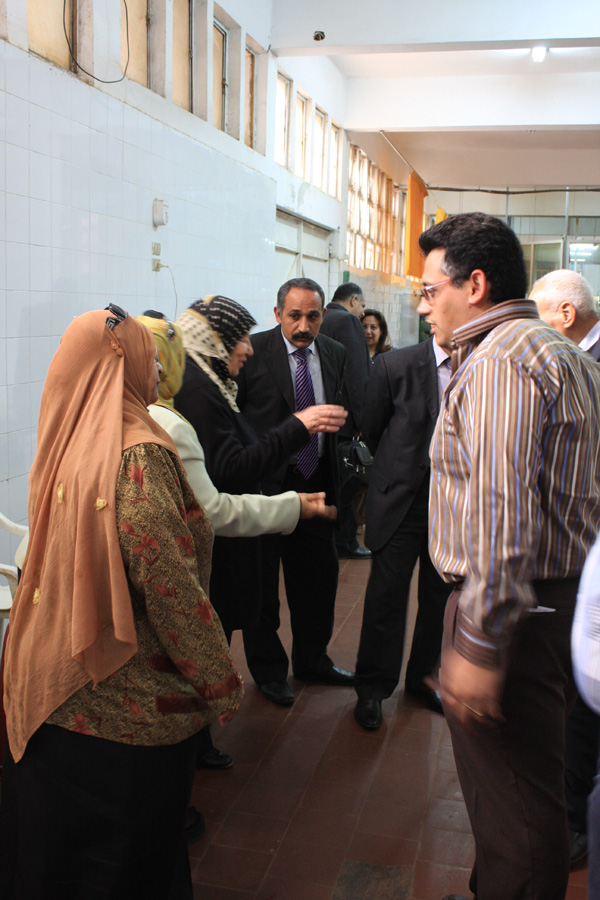Today, which marks our last day in the country of 13 months of sunshine, has been filled with goodbyes to new ጛደኛ (ggaa-da-nyaa, or friends), last sips of Fanta (the orange delicacy that is enjoying a second coming outside of America) and much delight in thinking about all that we have seen, heard and experienced over the past two weeks. This diverse University of Notre Dame team, whose countries of origin include Africa itself (Liberia), Columbia, Mexico, Canada and the United States has experienced in Ethiopia a culture that is prouder than any we’ve known and had our hearts warmed by the magnanimous hospitality that drove our host organizations ((Catholic Relief Services (CRS) and Hararghe Catholic Secretariat (HCS)) to make us feel not like the outsiders we are, but rather family.

We quickly learned as our inaugural days working with CRS and HCS hosts stretched beyond the planned 8am to 6pm office time to include friendly late night noshings on injera, pizza and spaghetti (Italy briefly occupied Ethiopia in the 1930s and its culinary influence remains strong) that this was more than a service/business consulting engagement. Rather, this was a once-in-a-lifetime chance to truly understand what serving your country, community and fellow men and women is truly about. To understand what drives NGO workers to accept jobs that pay less and sometimes prove thankless to give back through their work, and what it means to make lifelong friends and empower a people out of poverty in the process.
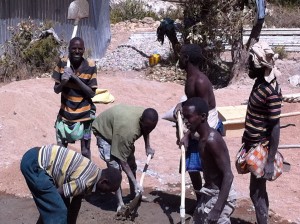
Community members that benefit from a water security project hard at work digging a well.
Our visits to development and food aid project sites (see pics above), conversations via more than 70 interviews with NGO workers, the Ethiopian government and community partners, and the review of 50 plus business documents kept us busy, while hugs with camels and close encounters with hyenas kept us smiling. We’ve loved and spat with our Notre Dame team mates in the process, and will take home countless memories.
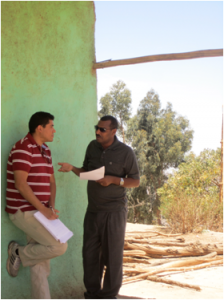
To conclude this trip diary, we’ve included below our most memorable moments, as well as a few notable pics. Thanks for following us in this adventure… we hope you’ve enjoyed reading as much as we’ve enjoyed sharing.
Notable Moments:
- Ashley Bernard (MBA Student): The realization that no matter what country you call home or what religion you’re called to honor, the drive to serve weaves a common thread that binds… and that I’m moderate to high in neuroticism and appreciate an occasional sense of urgency.
- Emily Block (Faculty Advisor): When one of our fearless HCS hosts noticed a booger in the nose of our Notre Dame teammate Mary Claire and ferociously picked it out for her so she would avoid embarrassment.
- Mary Claire Sullivan (MBA Student): Our experiences in the field, in the communities that housed HCS’ and CRS’ work. The extent of collaboration between HCS, the Ethiopian government and community members was beyond impressive. These collaborations, combined with the passion of the HCS staff and its communities’ desire to improve impacted me deeply.
- Ezekiel Freeman (Masters in International Peace Studies Student): Lime has a health value beyond that previously known…
- Adlo Leal (MBA Student): Visiting the Notre Dame K-12th grade school and meeting the children that attended it. We visited twice and it reminded me of my school in Columbia. I learned from speaking with the children that, although we come from different countries, we have much in common. We laugh, share jokes and dream just the same.
- Jose Luis (MBA Student): I loved how people at HCS were so motivated about their work. We have the opportunity to see their results on the field and they were impressive. On one of the field visits, we experienced how they created an oasis in the middle of the dessert to cultivate potatoes, onions and even papayas. They are really helping people find their own route out of poverty!
Friends we made along the way…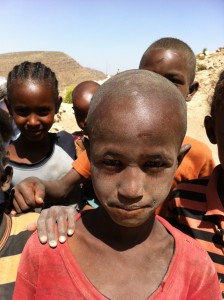
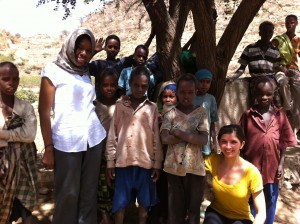
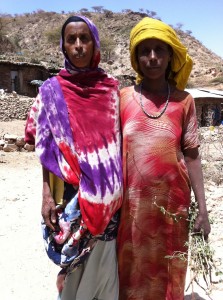
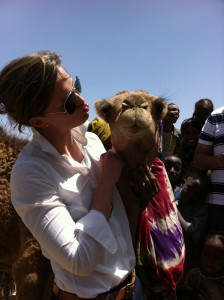
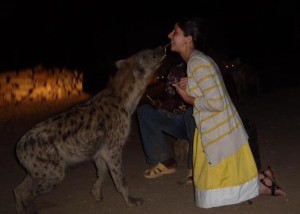
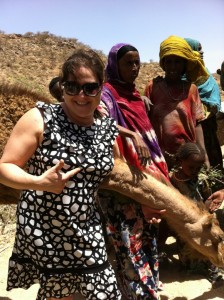
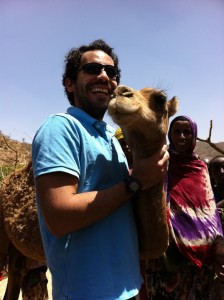
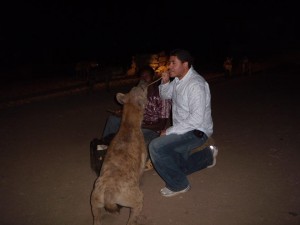
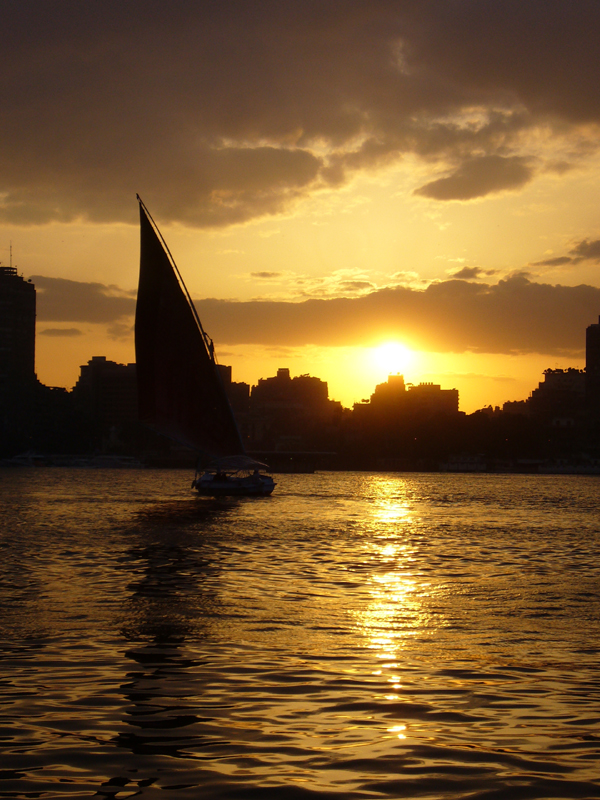












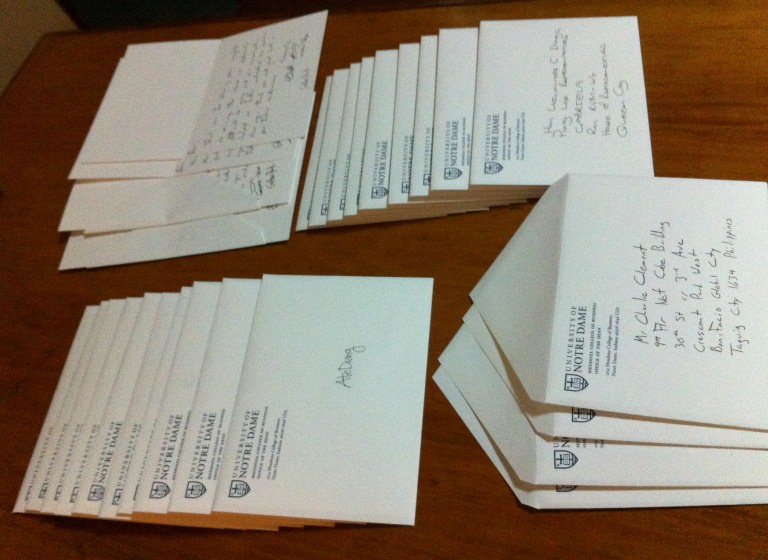
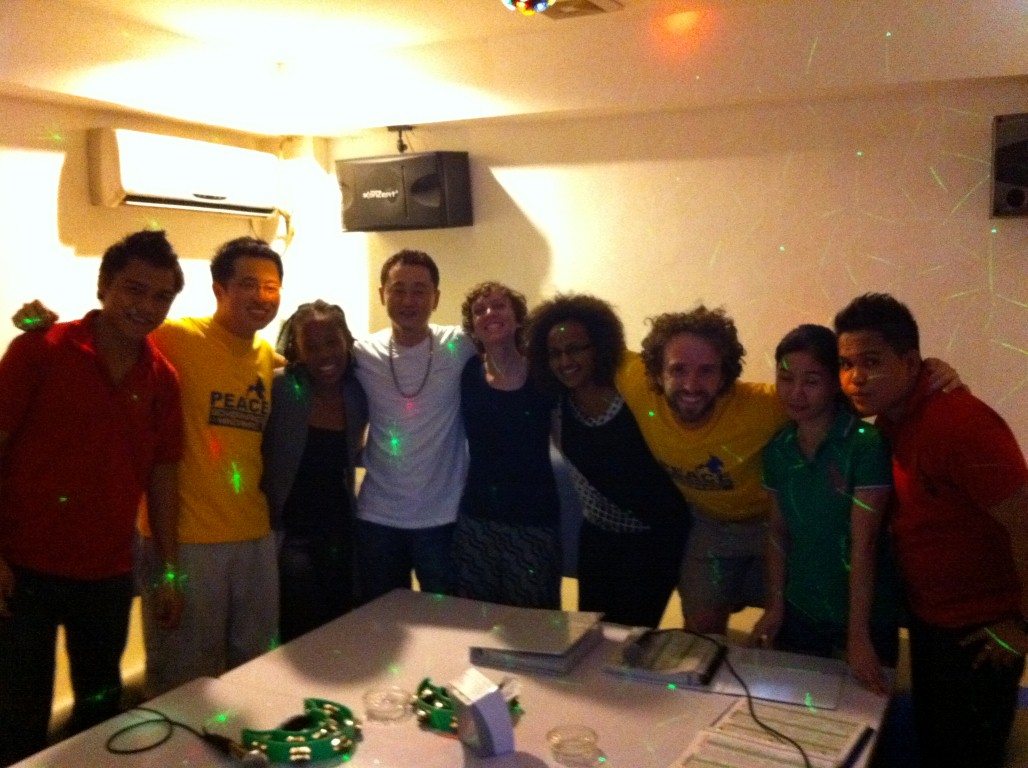
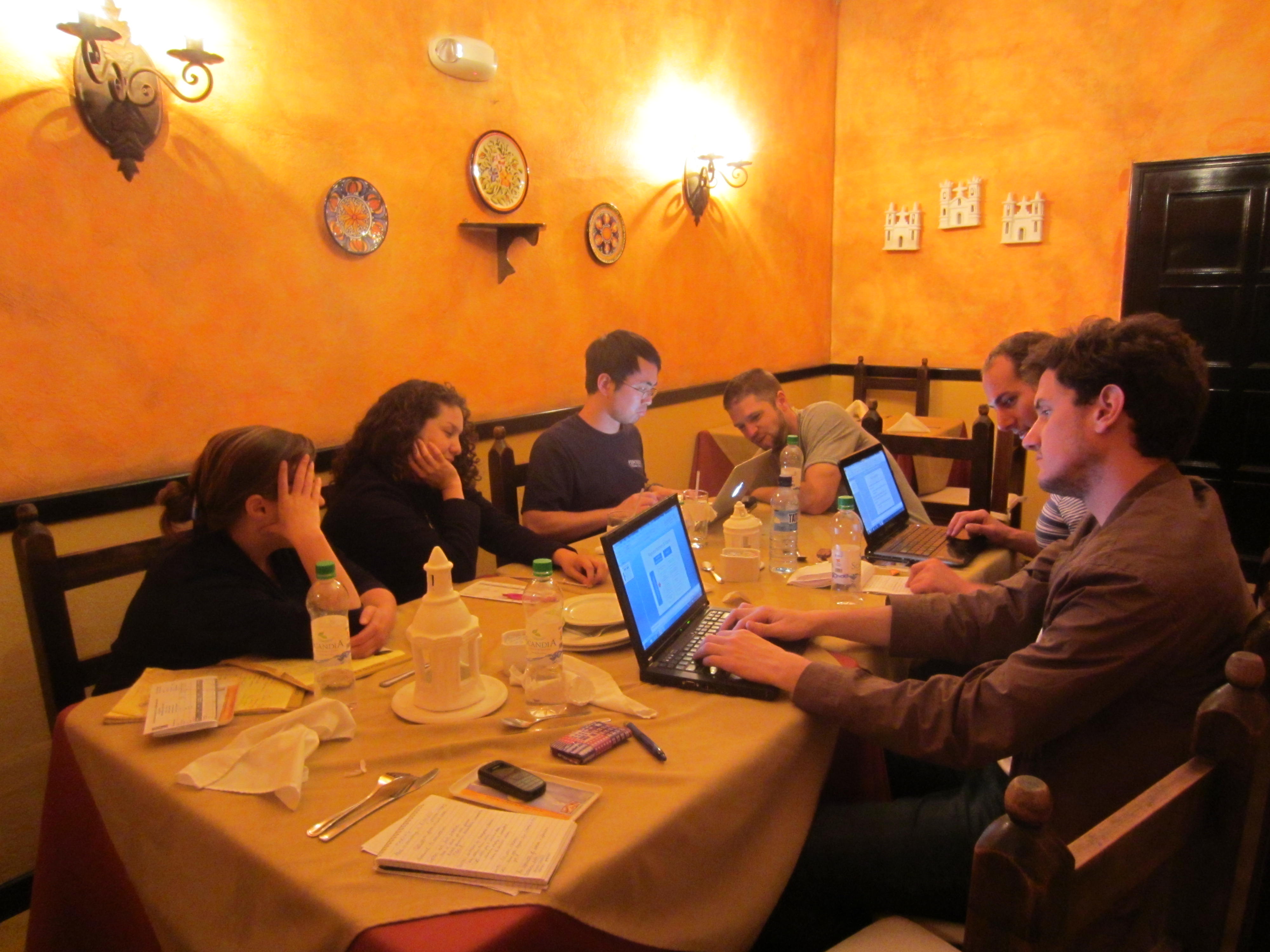
 Our meetings today were some of the most important and influential:
Our meetings today were some of the most important and influential: 